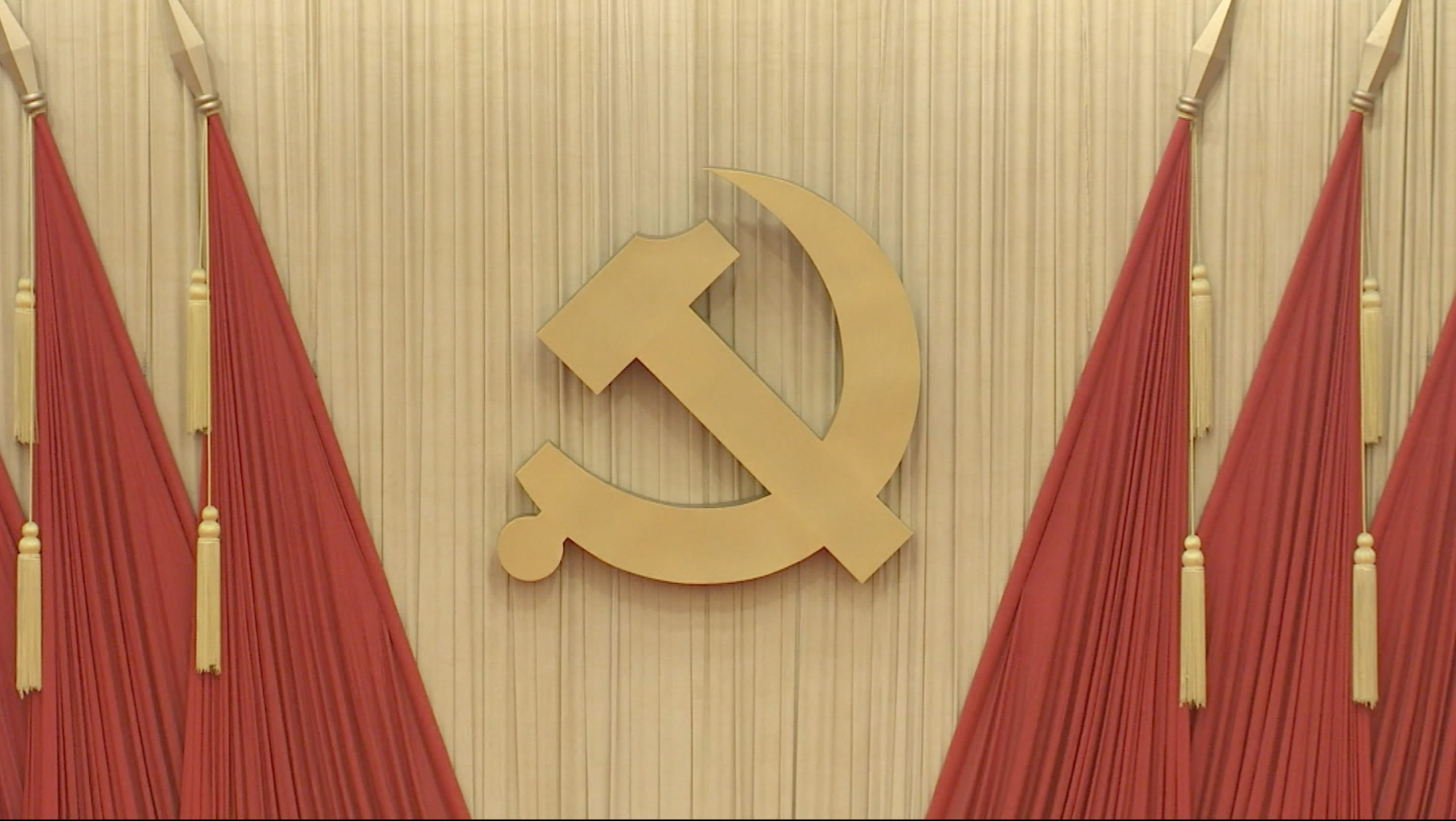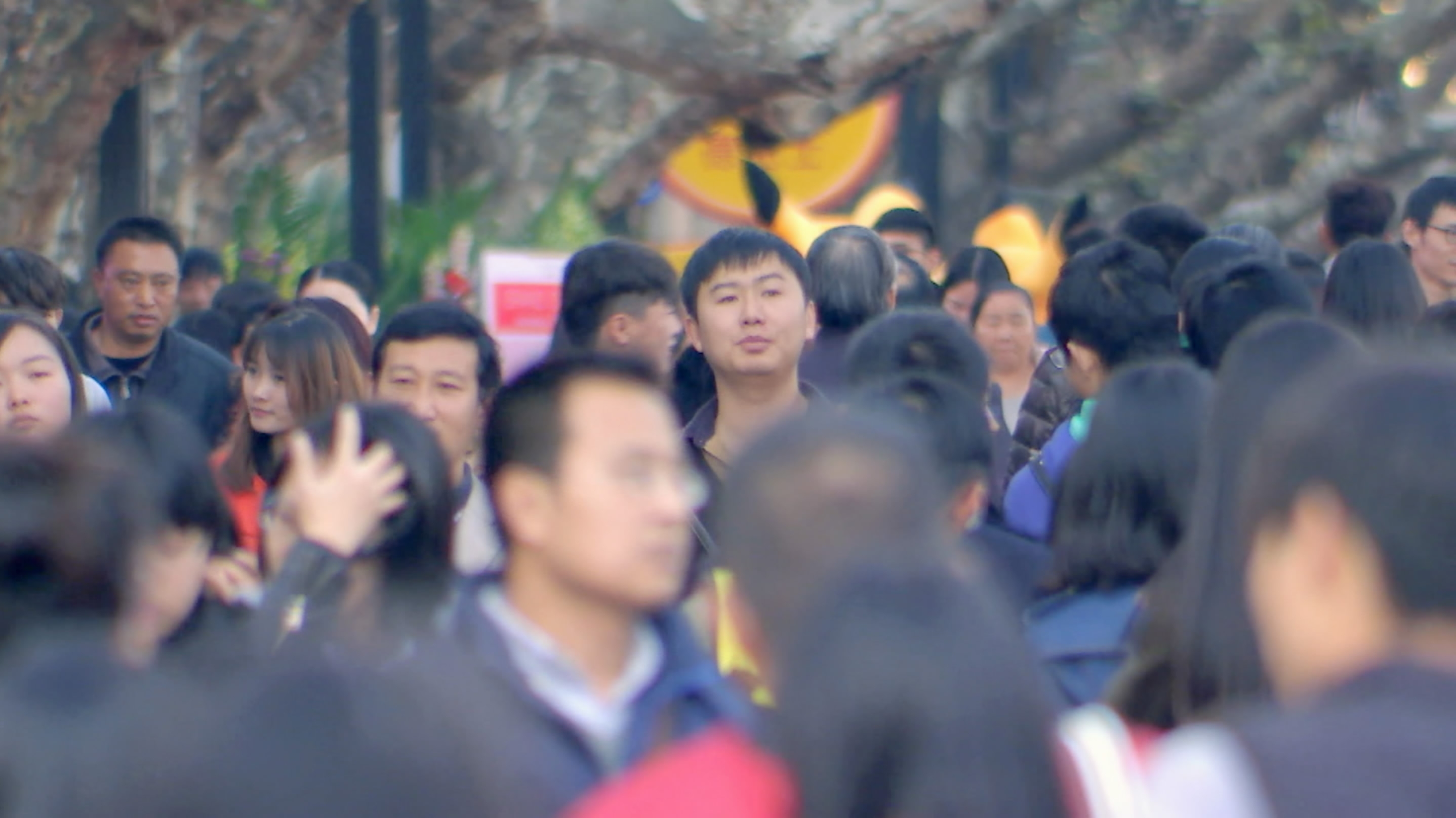
Politics
14:59, 18-Sep-2017
China Footprint: China's anti-corruption drive since the 18th CPC National Congress
By Xu Zhaoqun, Dai Piaoyi

A renewed and intensified campaign of fighting corruption has been sweeping across China since the last National Congress of the Communist Party of China (CPC). It is not only impacting the country’s public service system, but also bringing changes to people’s lives.
Surprising though it may sound, restaurants have been hit particularly hard by the crackdown. This is because one of the Eight Provisions put forward by the CPC central committee's Politburo in December 2012 stipulates: No business meals for officials and Party cadres!
Lavish meals at the taxpayers' expense used to be a serious problem in China, and drew considerable criticism from the general public. But since the introduction of the Eight Provisions, things have changed dramatically.

CGTN Photo
CGTN Photo
Luxury restaurants soon found they had fewer high-end customers, so many began lowering prices to attract a less wealthy clientele.
For Lu Wentao, owner of Lobster House restaurant, the changes have been easy to see. "A lot of people don't want to go out after the restrictions, especially to high-end restaurants. Many of these restaurants failed to remain profitable." Lu said.
But according to Lu, customers are more willing to come to his restaurant after the introduction of the provisions, since his business turned into an affordable family-style restaurant.
The anti-graft campaign not only places restrictions on paying for meals with public money, it also targets other recreational activities funded by taxpayers. In fact, the campaign has a zero-tolerance policy on corruption of any type.

CGTN Photo
CGTN Photo
According to the CPC's Central Commission for Discipline Inspection, in 2013, over 182,000 Party officials were disciplined, and this number has risen year after year. It was 232,000 in 2014, 336,000 the following year and in 2016, the number rose to 415,000. Since 2013, a total of 1,165,000 CPC officials at all levels have received disciplinary punishment.
Senior officials are no exception. Between the 18th CPC National Congress and the end of 2016, the Central Commission for Discipline Inspection investigated 240 mid-level officials. Some 223 of them were disciplined, with 105 criminally prosecuted.

CGTN Photo
CGTN Photo
The political ecosystem of China has changed radically since the 18th CPC National Congress. According to Professor Wang Yukai from the Chinese Academy of Governance, behaviors such as selling official titles, trading power for money, and forming cliques have been curbed. "Now more officials who do practical work are being promoted." Wang added.
Fighting corruption has become one of the most impressive policies of reform since last CPC National Congress. It has also become people's hottest topic in the last five years.
As a retired civil servant, Mr. Ye feels that the CPC cadres have learned and obeyed the Eight Provisions. "After the code was introduced, it's been difficult to invite my old colleagues to dinner, even to wedding parties," Ye said.

CGTN Photo
CGTN Photo
All evidence shows that fighting corruption will continue in the years to come. So what are the pros and cons of the tough regulatory climate?
Rampant corruption caused a lot of economic problems, for example, shoddy workmanship, counterfeit and inferior products, environmental pollution, among others. Wang believes that eradicating corruption will enhance economic and social efficiency.
Moreover, from Wang’s perspective, people are benefiting from it both directly and indirectly. Under the new political atmosphere, public institutions have improved their services and become more efficient. And the huge funds recovered from the embezzlers are used in the fields like health care, education, and housing.

CGTN Photo
CGTN Photo
However, a side effect of such harsh punishments is that officials are now scared to take action and make a difference. "Administrations might be seen lazy and unproductive," Wang mentioned.
Such vested interest groups act as a barrier to China’s future economic development. The elimination of corruption will not only benefit people’s livelihoods, but will also provide a sound environment for China's social and economic transformation.
At the same time, how does the CPC maintain its officials’ vigor while continuing to fight corruption? And how does it turn one campaign into an incorruptible system? These are the questions that the ruling party cannot shy away from in the years to come.
Previous episodes:

SITEMAP
Copyright © 2018 CGTN. Beijing ICP prepared NO.16065310-3
Copyright © 2018 CGTN. Beijing ICP prepared NO.16065310-3